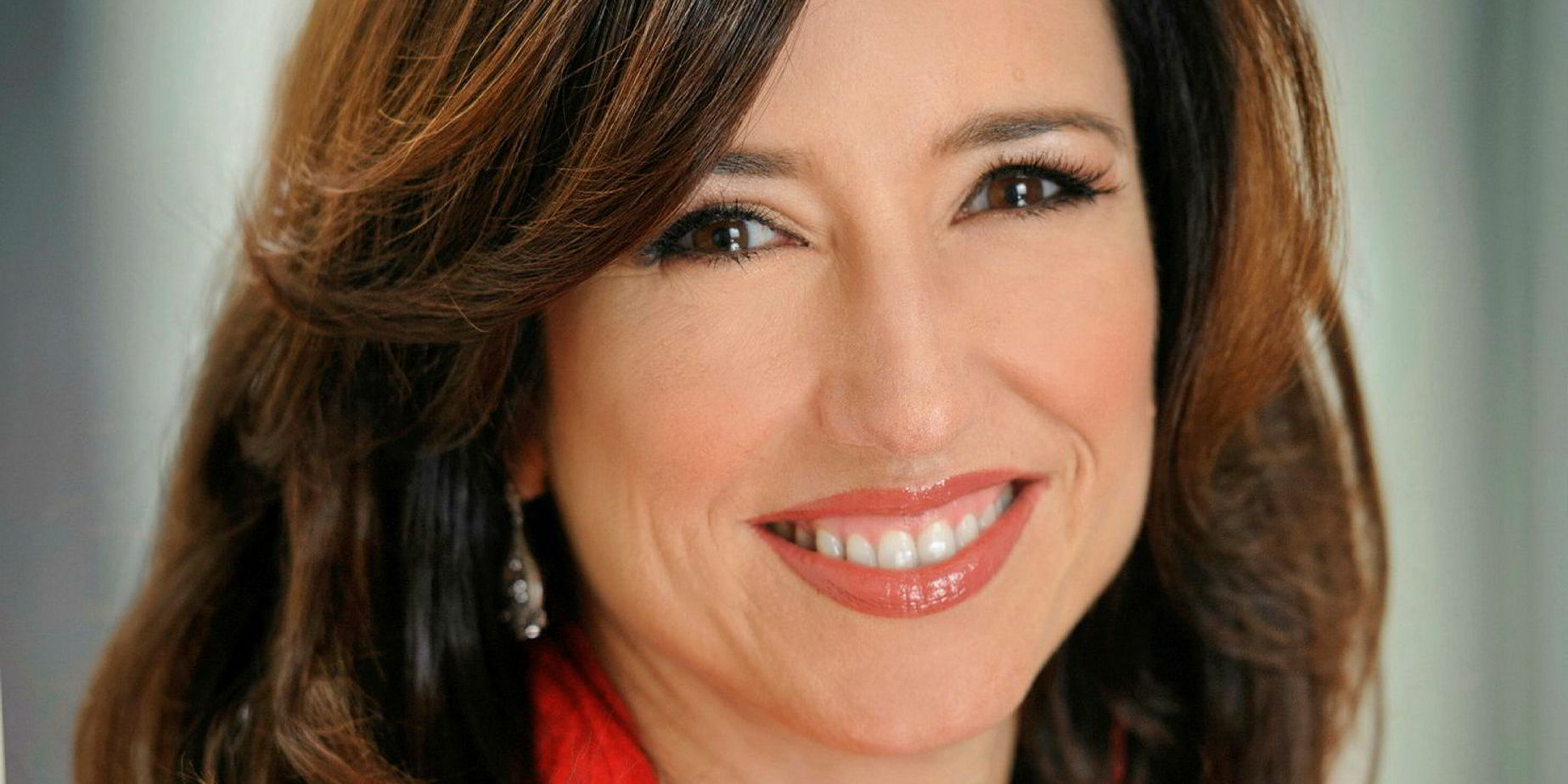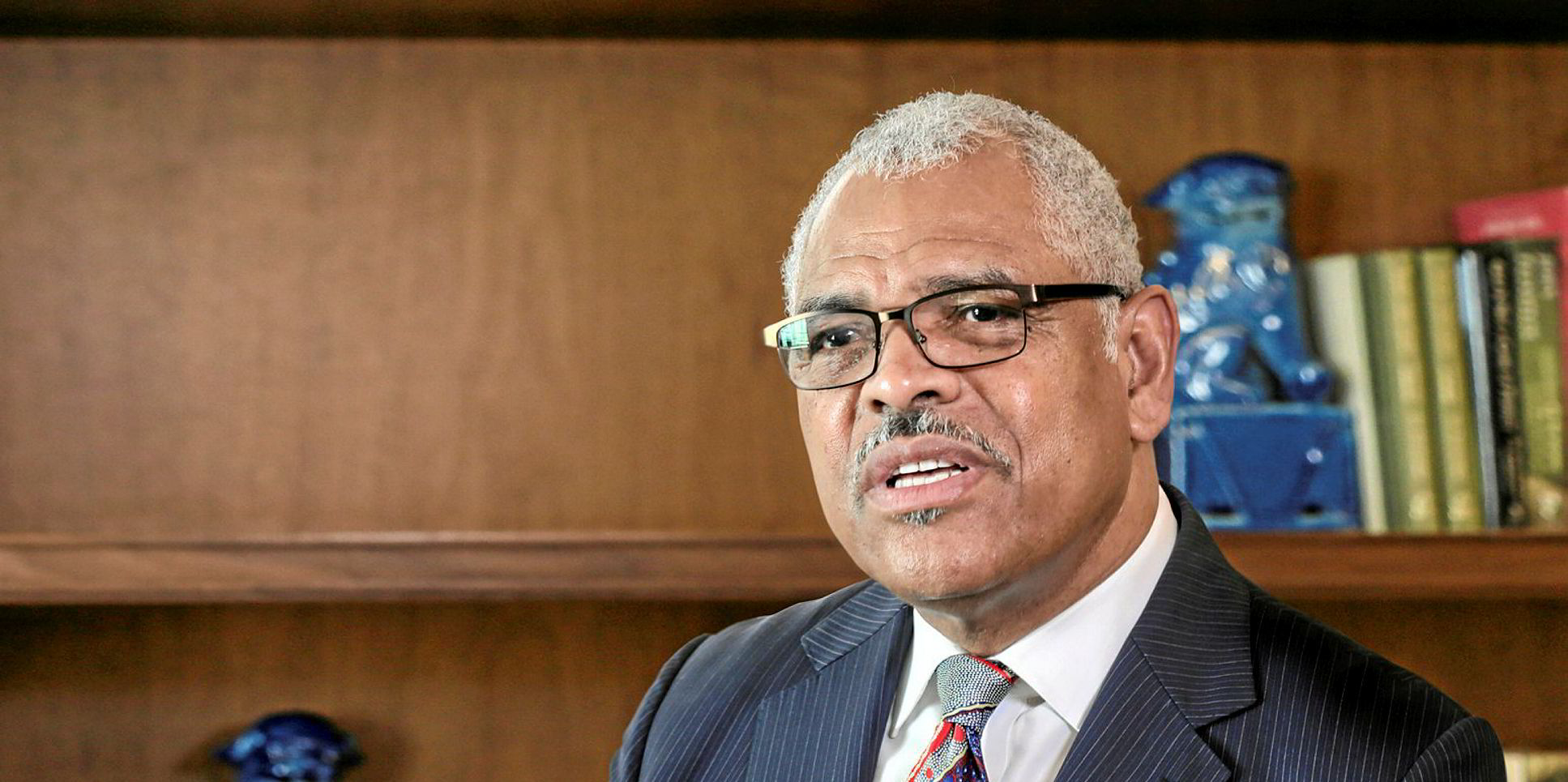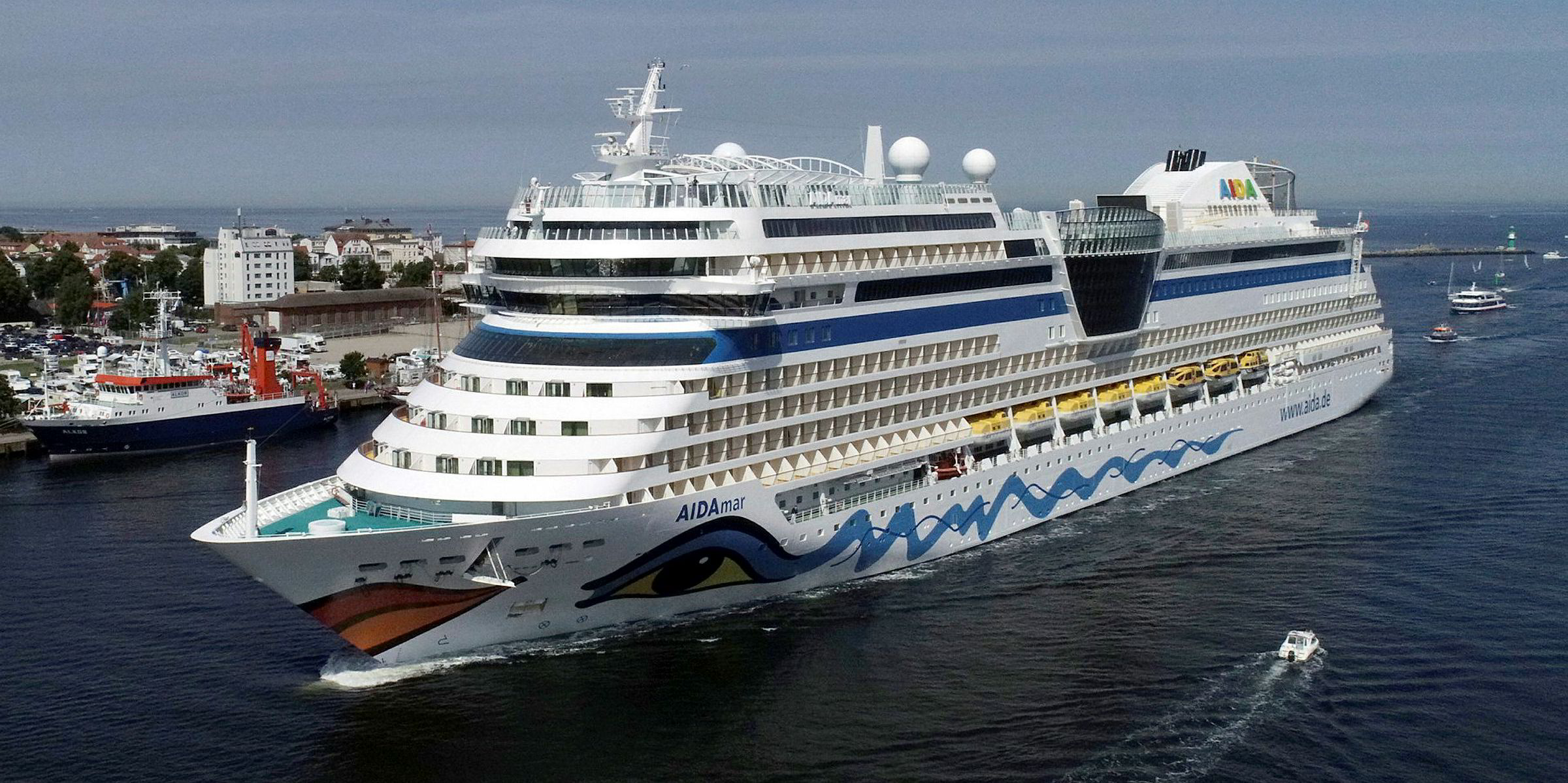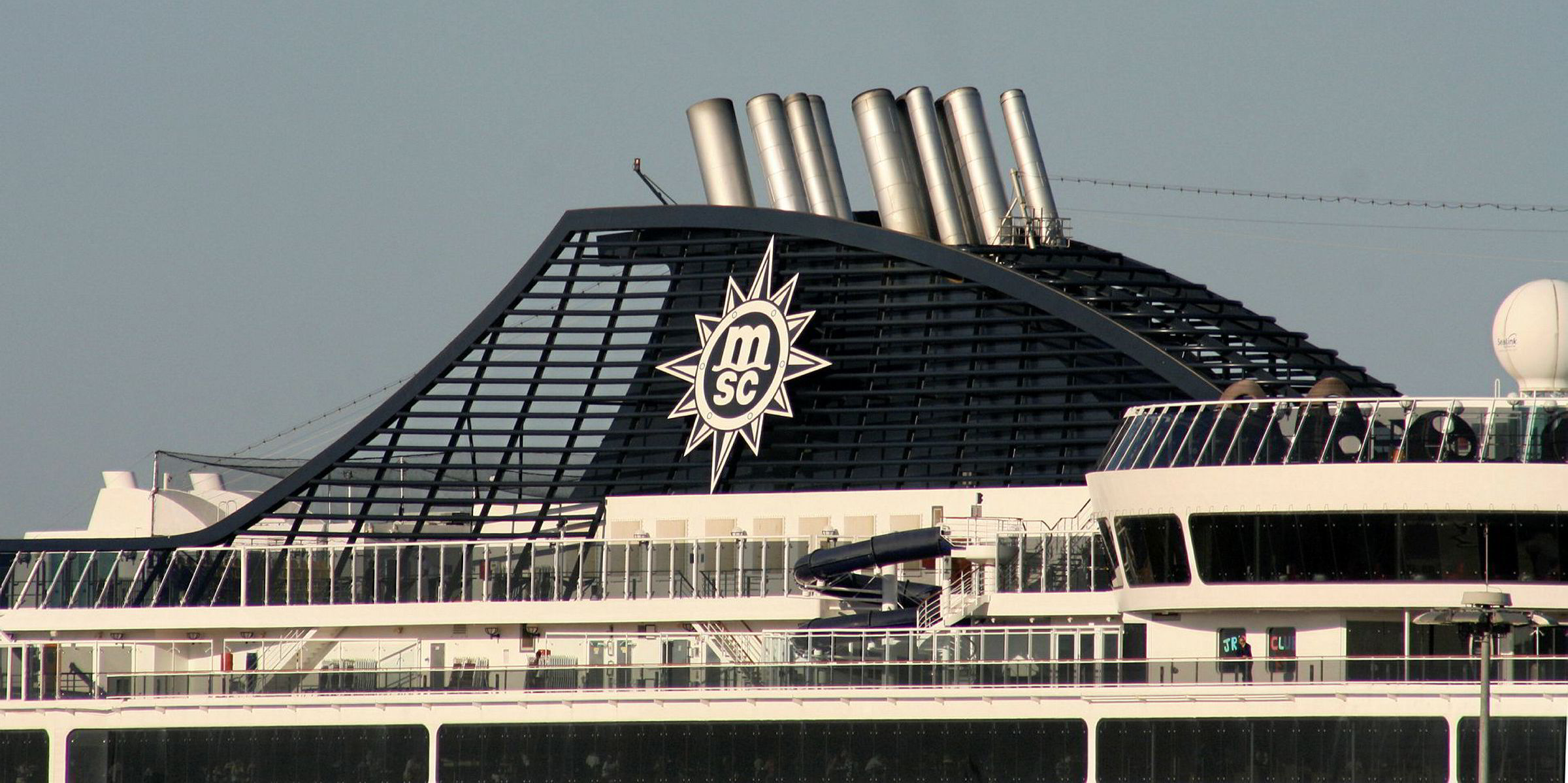The US is still grappling with the coronavirus pandemic for one reason over any other, according to medical professionals: lacking a collective will to take it seriously.
Carnival Corp and the World Travel & Tourism Council on Tuesday assembled a dozen prominent doctors and medical experts across three panels to discuss how to live with and eradicate the disease.
They came together through a virtual "Global Scientific Summit on Covid-19" that attracted more than 17,000 viewers worldwide.
Four of them agreed that America has failed to contain the virus as well as other countries because it holds a very high — perhaps too high — regard for personal freedom.
"In the US, we didn't shut down quite as effectively as Europe and I think part of it is that America is a bit philosophically different from Europe," said Michael Z Lin, a biology professor at Stanford University.
"In Italy, for example, you saw military police basically preventing people from gathering outdoors. We're loath to do that sort of thing here in the US."
The US is dealing with a resurgence of the virus in certain parts of the country, four months after it reached the nation's shores.
The country saw nearly 1,130 Covid-19 more deaths on Tuesday, bringing the total number of fatalities to nearly 148,000 since March, according to the US Centers for Disease Control and Prevention.
The pandemic has taken the entire cruise industry to its knees by forcing owners to lay up their entire fleets for months.
Carnival, the world's largest cruise company, has lost billions of dollars in revenue while paying almost $1bn a month to keep its fleet at anchor to prevent further onboard outbreaks.
The New York-listed juggernaut posted a $4.4bn loss for the second quarter of this year.
Fellow cruise majors Royal Caribbean Group and Norwegian Cruise Line Holdings are also experiencing huge financial losses, along with every other cruise company in the besieged sector.
Not taking Covid-19 seriously
Admittedly, US fervour for individualism may have prevented an effective Covid-19 lockdown, but Americans can still wear face masks more consistently to prevent further spread of the virus, Lin said.
"Now we see the effects of not taking it as seriously as other countries have," he said.
Lin was part of a four-member panel that included Thomas Cahill, founder of Newpath Management; Michael Rosbash, 2017 Nobel laureate in physiology or medicine; and Stuart Schreiber, professor of chemistry and chemical biology at Harvard University.
At the same time, many Americans are relying too much on the arrival of a vaccine to end the pandemic, Schreiber said.
"We're a bit concerned that society is seeing a vaccine as a bit of a panacea," he said.
"There are other ways to address this, so our focus for the last several months has been on testing."
Many Americans are also causing further virus outbtreaks by failing to wear face masks properly — or at all — while in public spaces, Lin said.
"If everybody just wore a mask for two weeks, in theory, this epidemic would end."
The US could also annihilate the virus by just doing at least two out of these three things well: social distancing, face-mask wearing and testing.
"At this point, everything is important."








